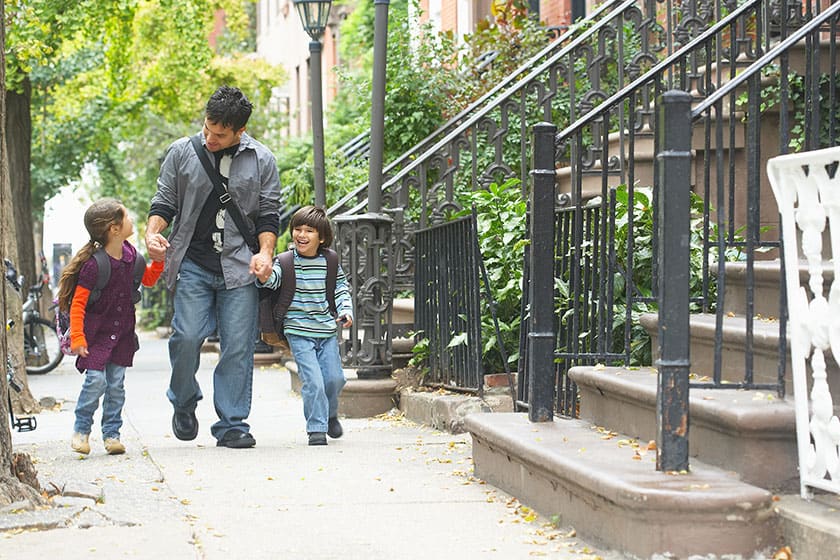
Second chances for returning citizens make for safer communities.

Second chances for returning citizens make for safer communities.
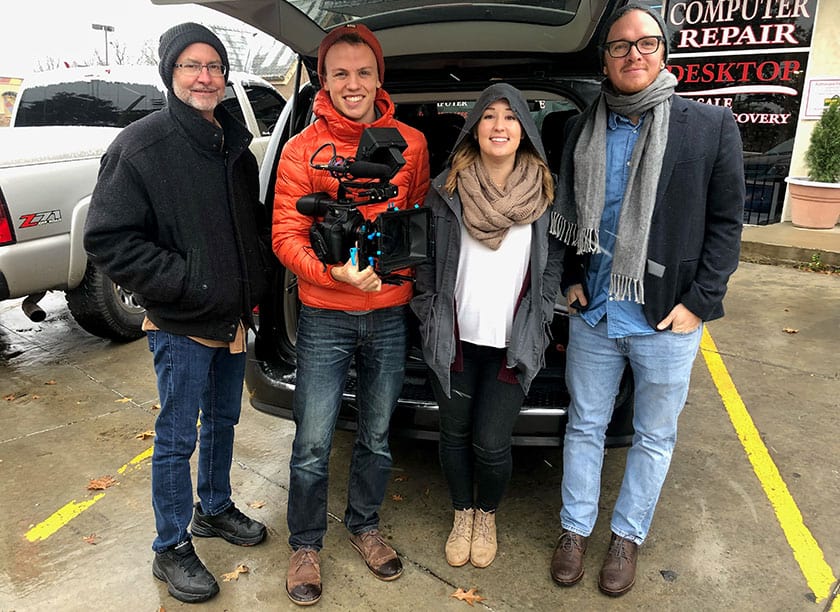
We sat down with the Prison Fellowship's video production team—Topher Hall, Drew Darby, Chad Prince, and Emily Andrews—for a behind-the-scenes look at what they learned making the film.
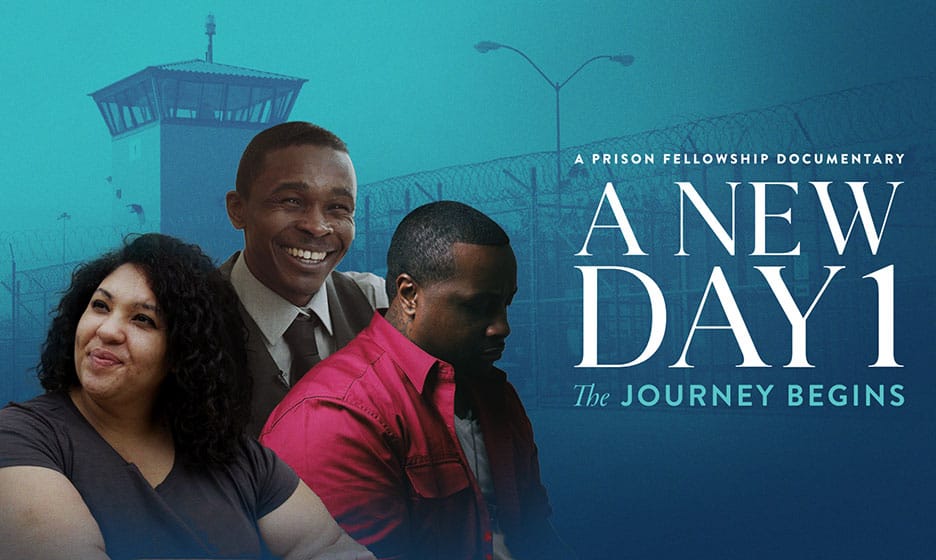
For returning citizens, reentry can be a second prison. In Prison Fellowship's new documentary, three former prisoners share their journeys.
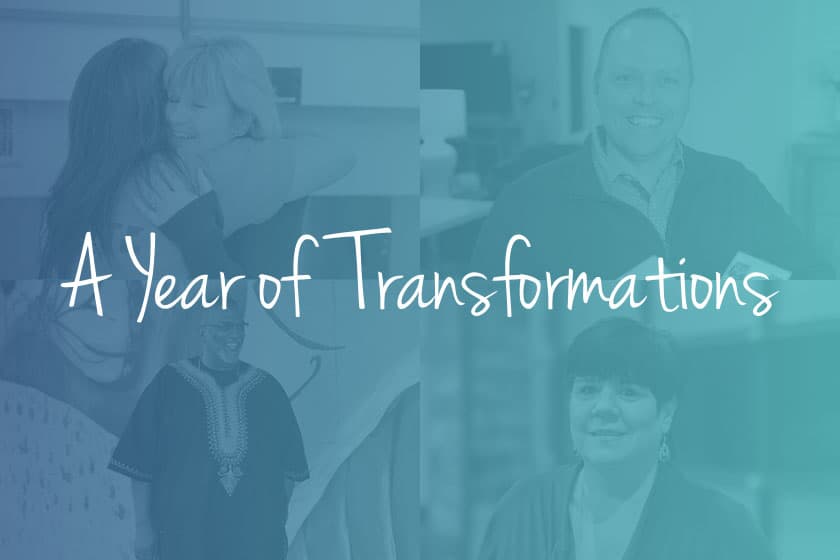
It's been a difficult year, but thanks to God, it has also been a year of transformation. To celebrate what God has done, here are our top 12 stories.
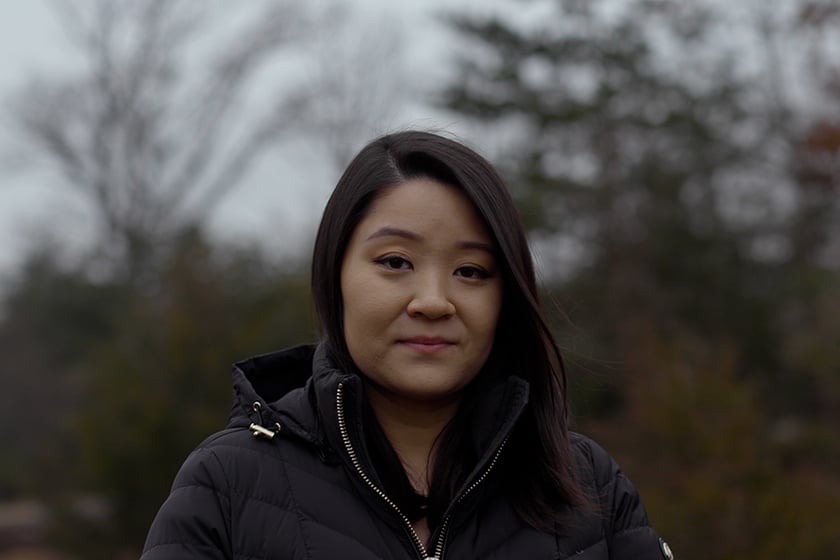
So, you’re excited for that new job. You’ve got the qualifications. It’s all coming together—until one thing makes the opportunity fall apart.
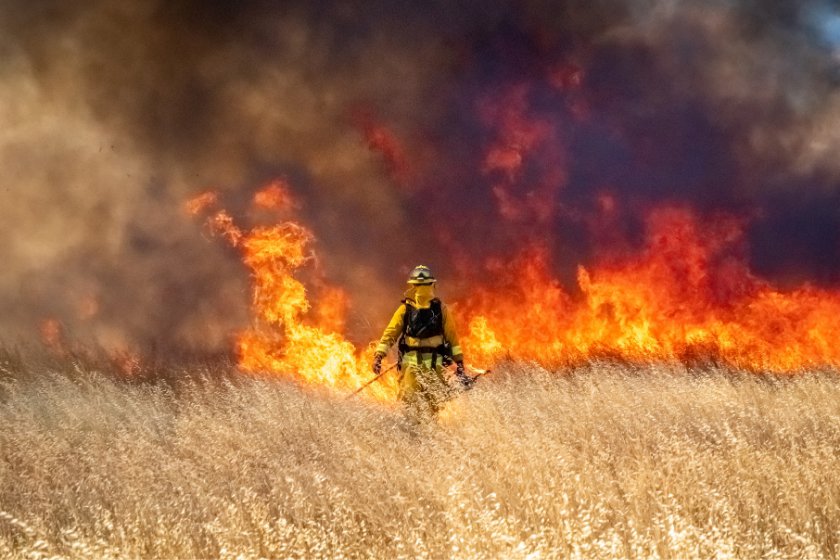
California is in the midst of some of the largest fires ever to break out in the state. More firefighters are needed. For many years now, California has looked to the incarcerated for help.
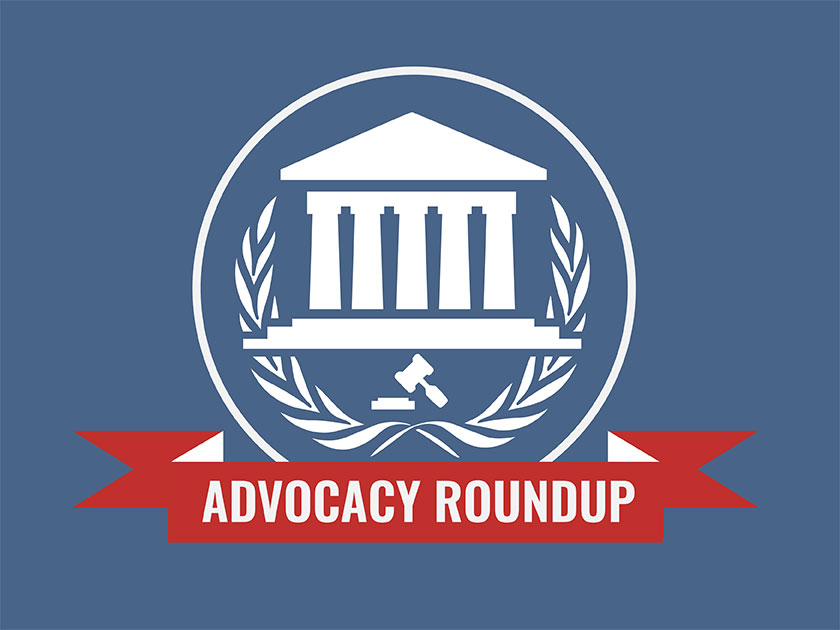
Read why this September Prison Fellowship is focused on prison alternatives, youth justice, and collateral consequences and how you can help!
God is doing great things for America's incarcerated population and their families. Check out what happened last month and what's coming on this summer!
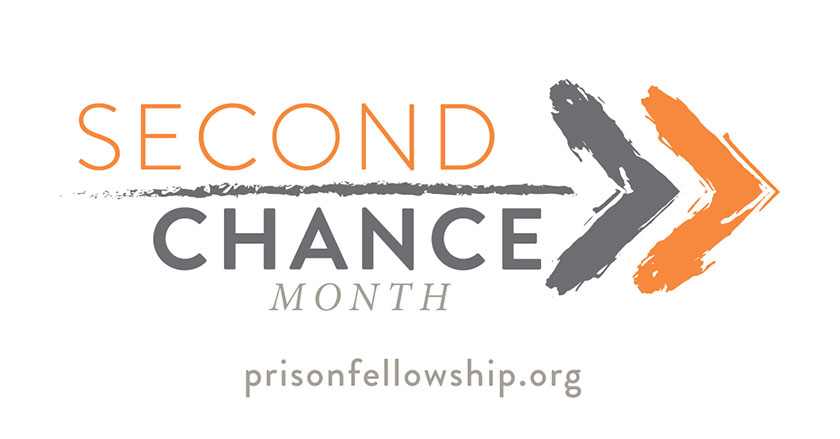
Welcome to Second Chance Month! Prison Fellowship® and our diverse group of partner organizations are raising awareness this month of the hardships former prisoners face upon their return to society. Will you join us?
SECOND CHANCE MONTH: A NATIONAL MOVEMENTCasey Irwin is interviewed about her experiences with collateral consequences.

"I try to do everything right and be on time ... And you think everything's going to go great, and then the next thing you know, boom."
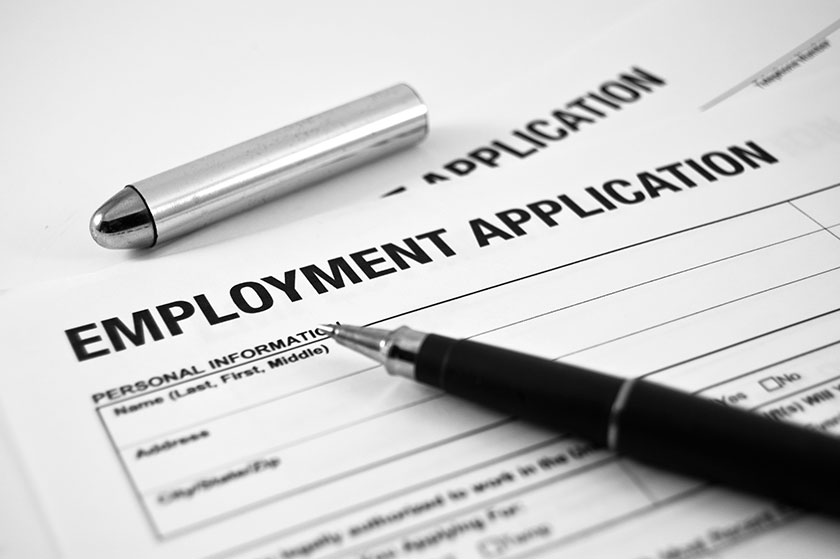
Did you know that in Arkansas it is against the law to mispronounce "Arkansas?" Or that in New Jersey it's illegal for a man to knit during fishing season?
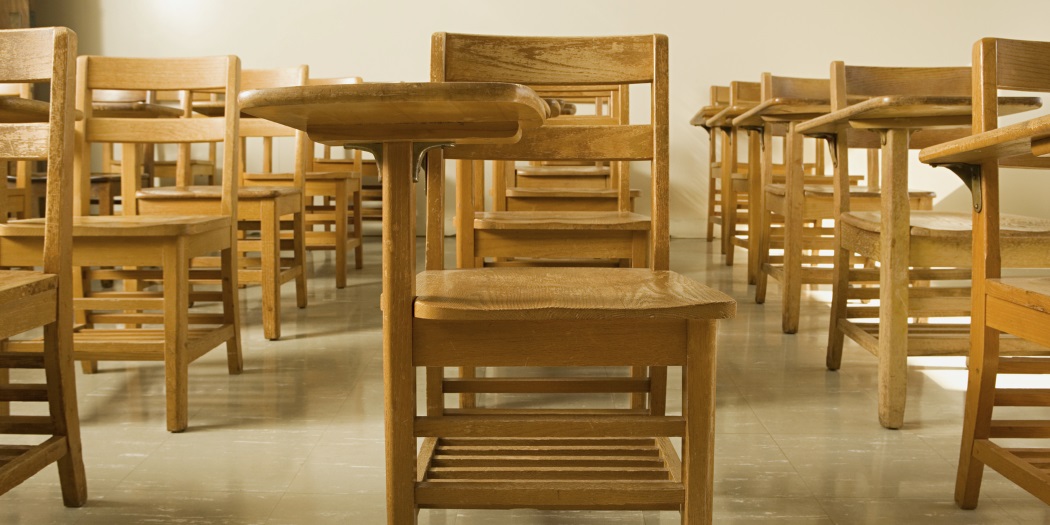
Kevin Bethel was in charge of school police in Philadelphia when he started researching juvenile crime.
“I was shocked to see we were locking up 1,600 kids a year,” Bethel tells Philly.com. “And I was shocked to see the offenses kids were being locked up for.”
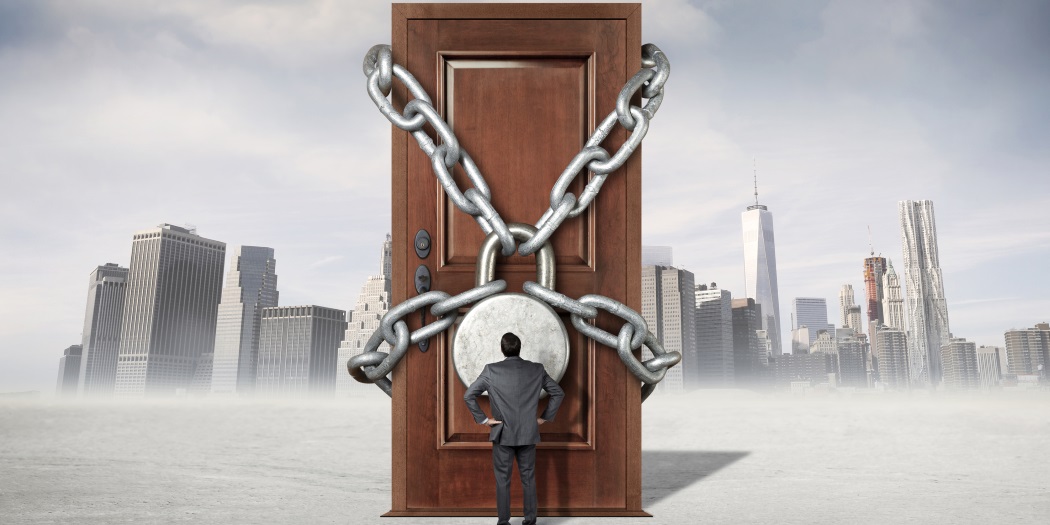
Ever wonder what life is like for someone with a criminal record?
A new quiz on the Marshall Project website gives readers an opportunity to see how much they know about the hurdles that face men and women who have committed crimes.
The moment ex-prisoners leave the prison gate, they face many critical decisions: Where they will live, where to look for a job, how to get from one place to another, what to eat, and how to pay for all these necessities. But this isn’t all.
The dire consequences of a felony conviction last far longer than a term of years in prison followed by additional years of parole. In addition to those direct punishments, offenders are denied licenses for many jobs, lose their right to vote, and cannot possess guns.
Restoration Partners give monthly to bring life-changing prison ministry programs to incarcerated men and women across the country.
JOIN NOW